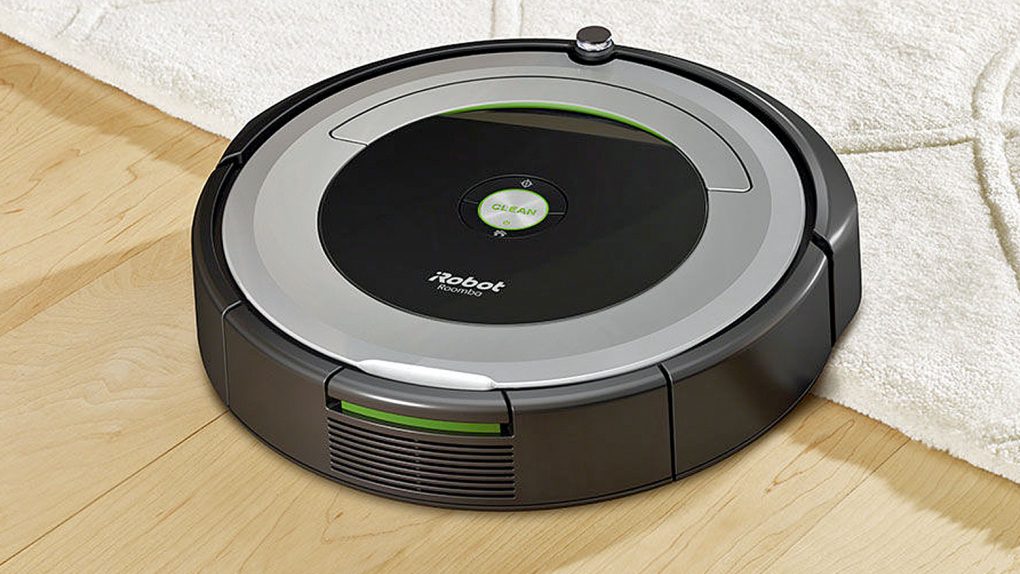Once a curious novelty for people who absolutely despise traditional vacuum cleaners, Roomba’s robotic vacuums are now offered in several models and price points. It would seem that the company is doing fairly well, but one of its most interesting — and potentially controversial — money-making strategies hasn’t even been implemented yet. A new report reveals that one of Roomba’s plays for the future involves using its fancy little cleaner bots as trojan horses which, while in the process of tiding up, will map your home’s layout and then send that information to the company to be sold to the highest bidder.
Update 8/1: iRobot issued a statement shortly after the original story broke, addressing the privacy concerns and clarifying what is says was a misunderstanding in the original article. The statement is as follows:
iRobot does not sell data customer data. Our customers always come first. We will never violate our customer’s trust by selling or misusing customer-related data, including data collected by our connected products. Right now, the data Roomba collects enables it to effectively clean the home and provides customers with information about cleaning performance. iRobot believes that in the future, this information could provide even more value for our customers by enabling the smart home and the devices within it to work better, but always with their explicit consent.
The original article appears below.
As Reuters reports, Roomba maker iRobot is bullish on the prospect of selling what it learns about your home to whoever might want it. “There’s an entire ecosystem of things and services that the smart home can deliver once you have a rich map of the home that the user has allowed to be shared,” iRobot boss Colin Angle told Reuters.
If that sounds more than a little creepy that’s because, well, it is, but companies pushing into the smart home market would most certainly be willing to pony up the dough for the data. Products like smart speakers, security monitors, high-tech thermostats, and many other gadgets could potentially benefit from knowledge of your home’s layout, but in order for iRobot to actually sell archives of the data, it would likely need to be anonymize — that is, scrubbed of any personally identifiable information and lumped in with countless others.
Anonymized mapping data is still valuable, especially for huge companies like Amazon and Apple which sell at a large scale and could exploit trends they spot in collections of home maps. In order to offer more personalized or targeted information, iRobot would need to navigate some seriously treacherous privacy waters while also gaining permission from its users, which is anything but guaranteed.








